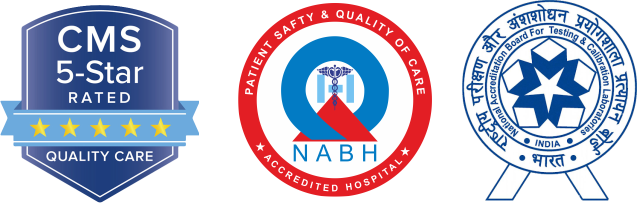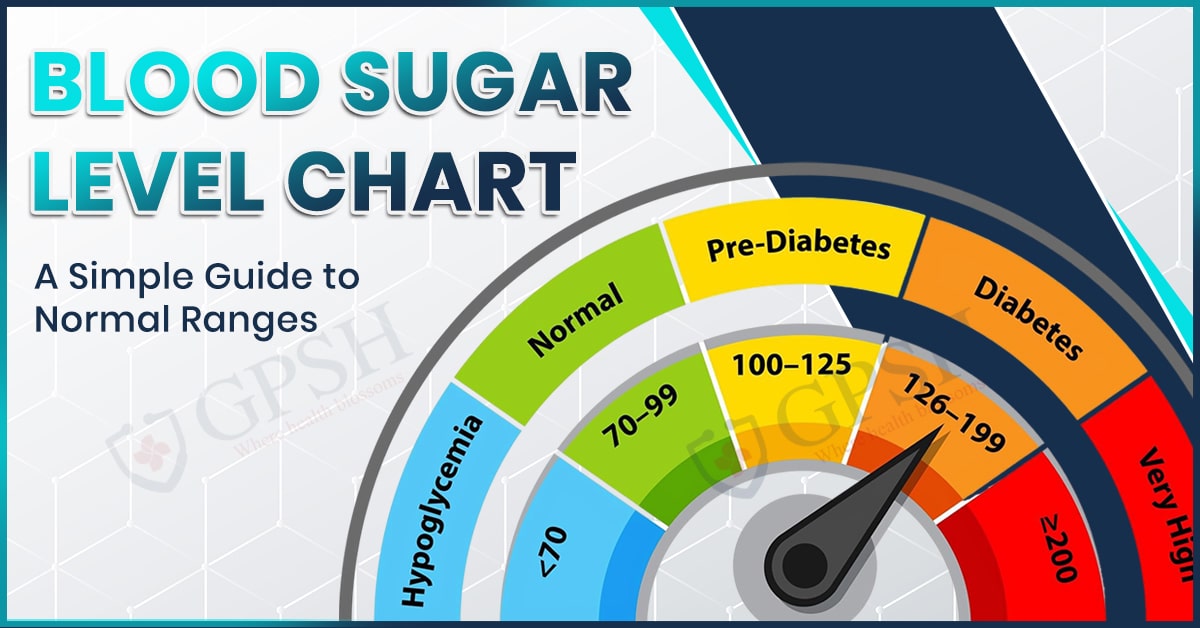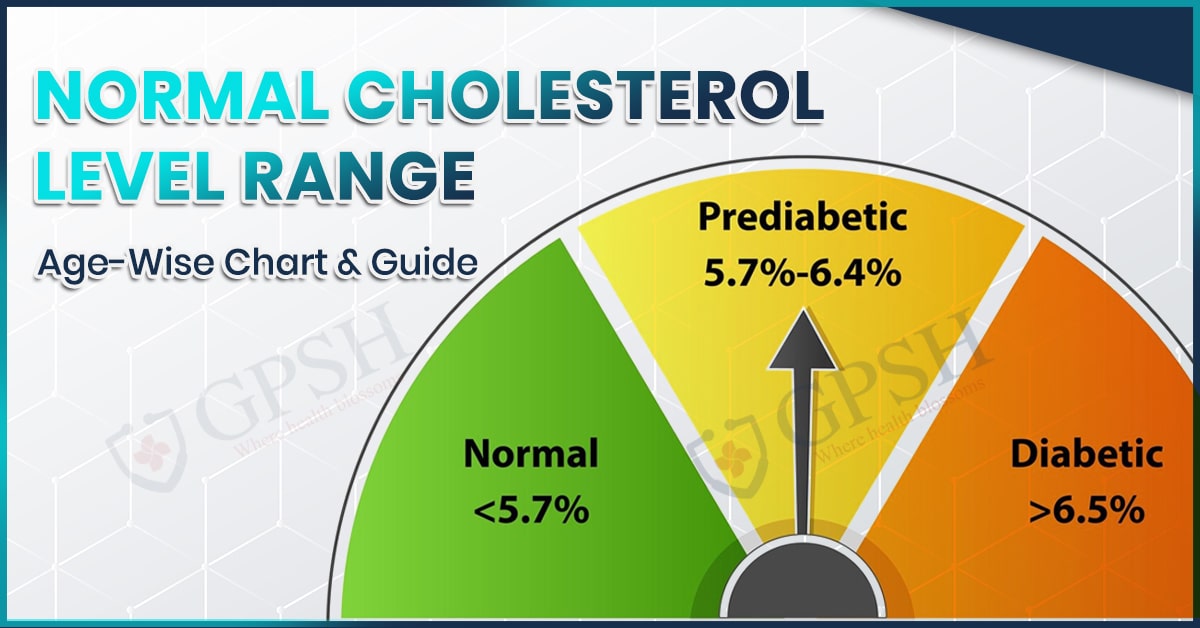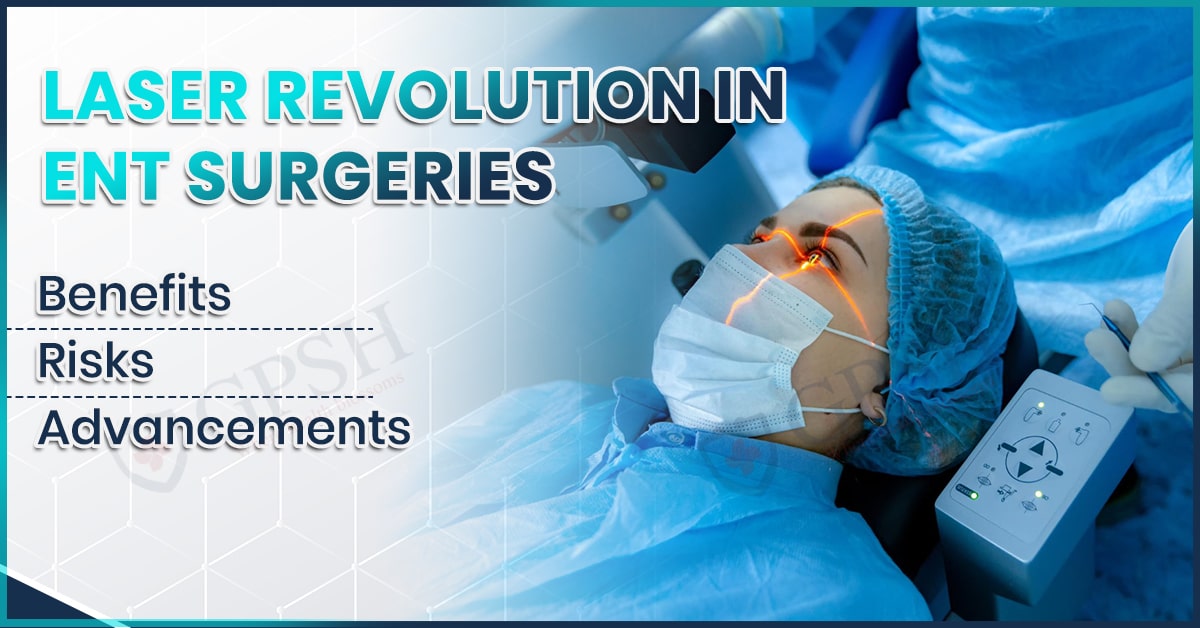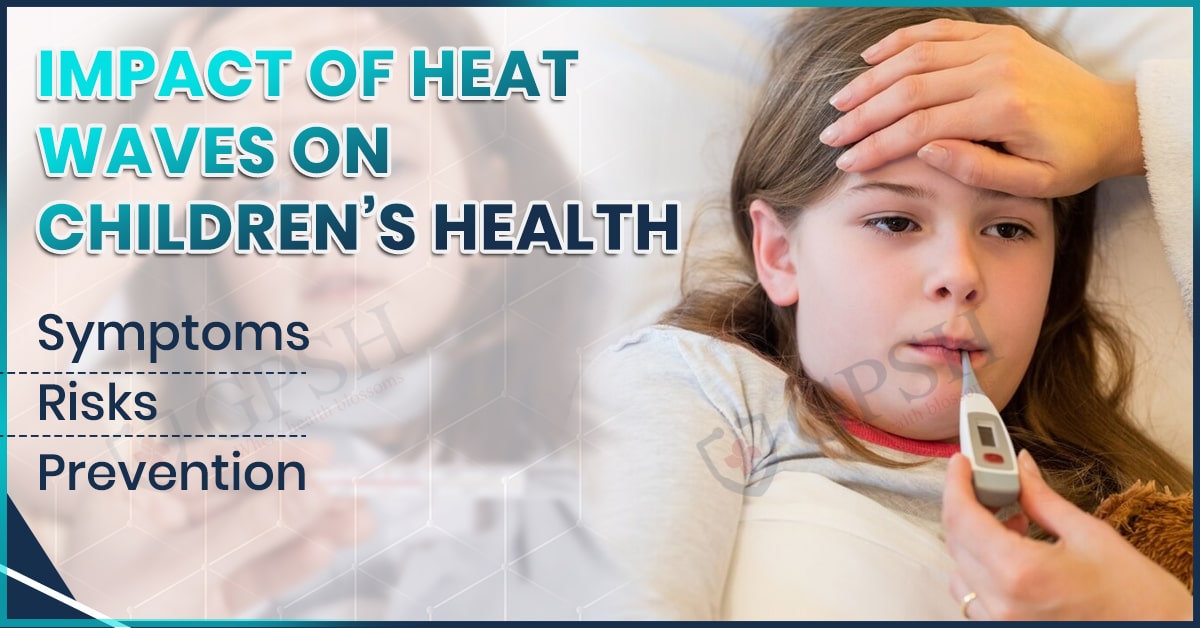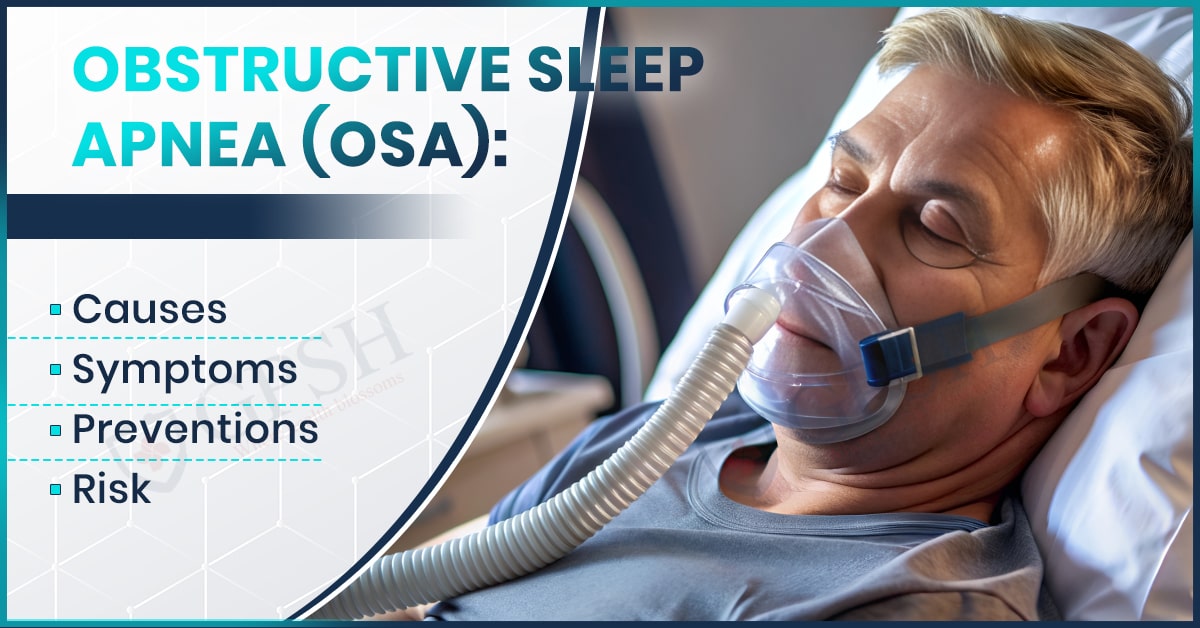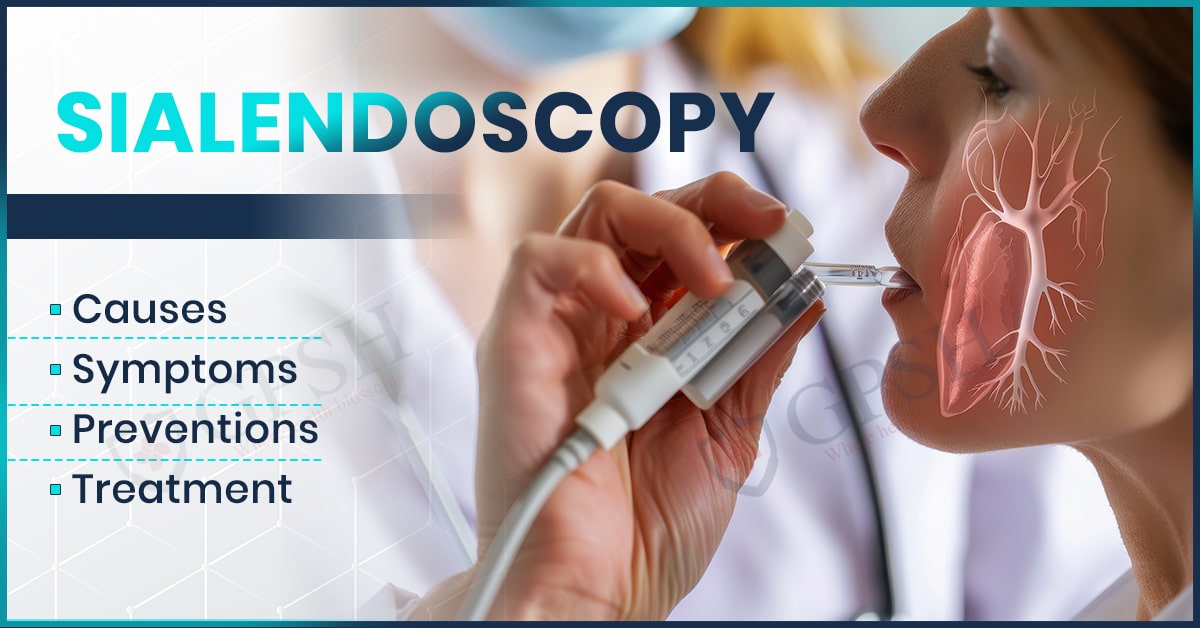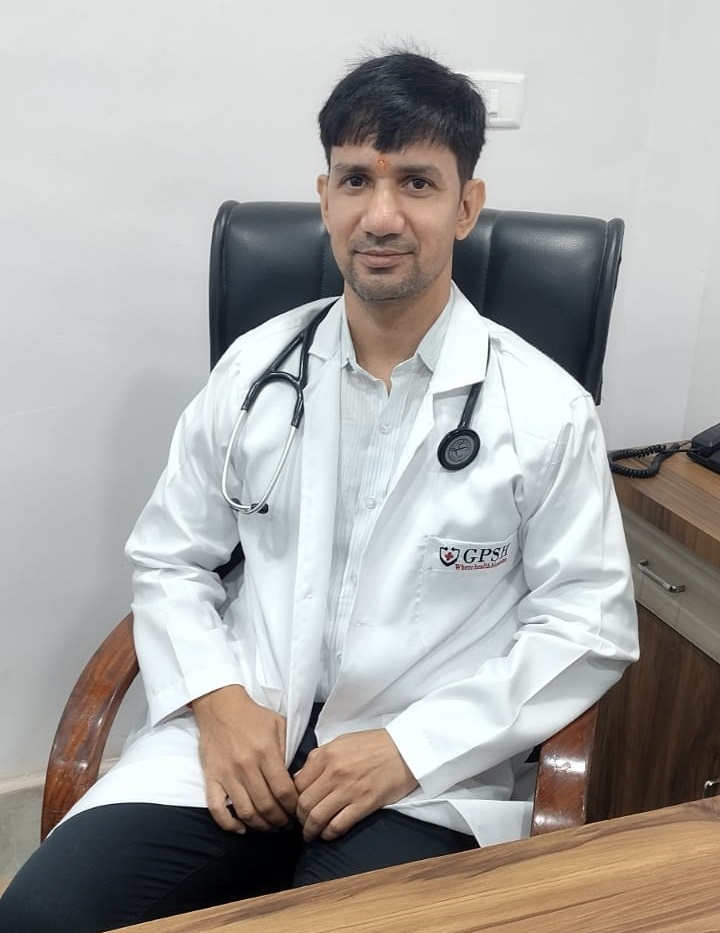Best Cardiology/Heart Hospital in Jaipur
Cardiology Department
Best Cardiology Hospital in Jaipur - GPSH
A famous and well-known best cardiology hospital in Jaipur is Shekhawati Hospital. One of the top medical facilities in Jaipur, it offers top-notch care in multispecialty hospitals, cardiology, and gastroenterology.
Here are the features that make us the best cardiology hospital in Jaipur.
About Cardiology Department:
The cardiology department at Shekhawati Hospital is one of the most comprehensive and technologically advanced Cardiology departments in Jaipur. The department has a team of highly skilled and experienced cardiologists in Jaipur who are dedicated to providing quality care to their patients.
The department offers a wide range of services, including cardiac catheterization, echocardiography, etc. We also offer a range of treatment options for heart disease, including medication and surgery.
Various Treatments in Cardiology:
The cardiology department of Shekhawati hospital offers a wide range of treatments for heart-related conditions. Some of these treatments include coronary angiography, which is used to diagnose and treat heart disease; cardiac catheterization, which is used to diagnose and treat blockages in the arteries that supply blood to the heart; and percutaneous coronary intervention (PCI), which is a procedure that uses a tiny balloon and a stent to open blocked arteries. The cardiology department also offers treatment for heart failure, including medications, implantable devices, and surgery.
Principle Cardiology Procedure:
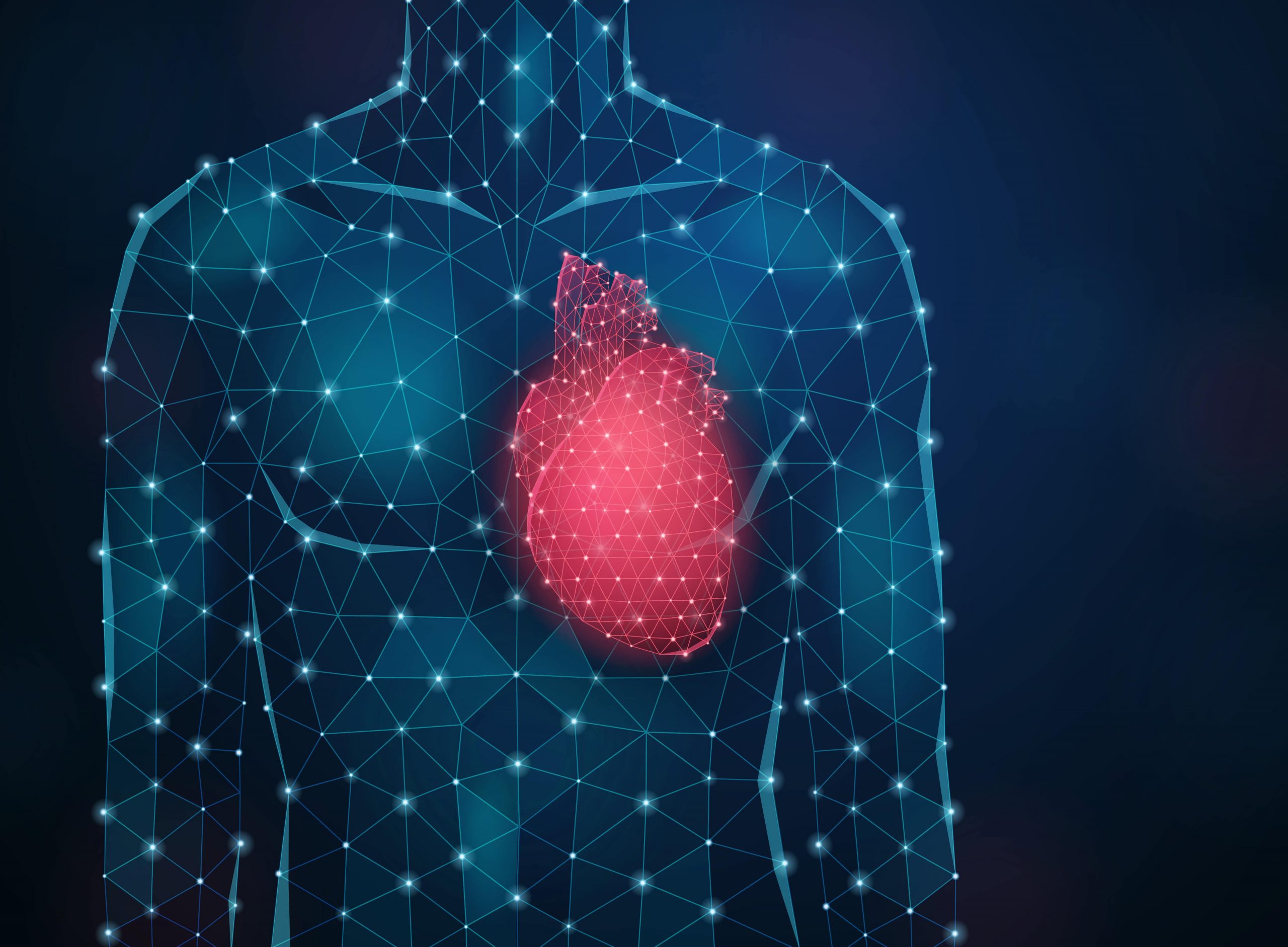
Coronary Angiography
Coronary angiography is a medical procedure that allows your doctor to see the inside of your coronary arteries. This test is used to diagnose and treat heart conditions. The test is done by inserting a thin, flexible tube called a catheter into a blood vessel in your arm or leg. The catheter is then passed through the blood vessels until it reaches your heart. A special dye is then injected into the catheter and x-rays are taken. This allows your doctor to see if you have any blockages in your coronary arteries.
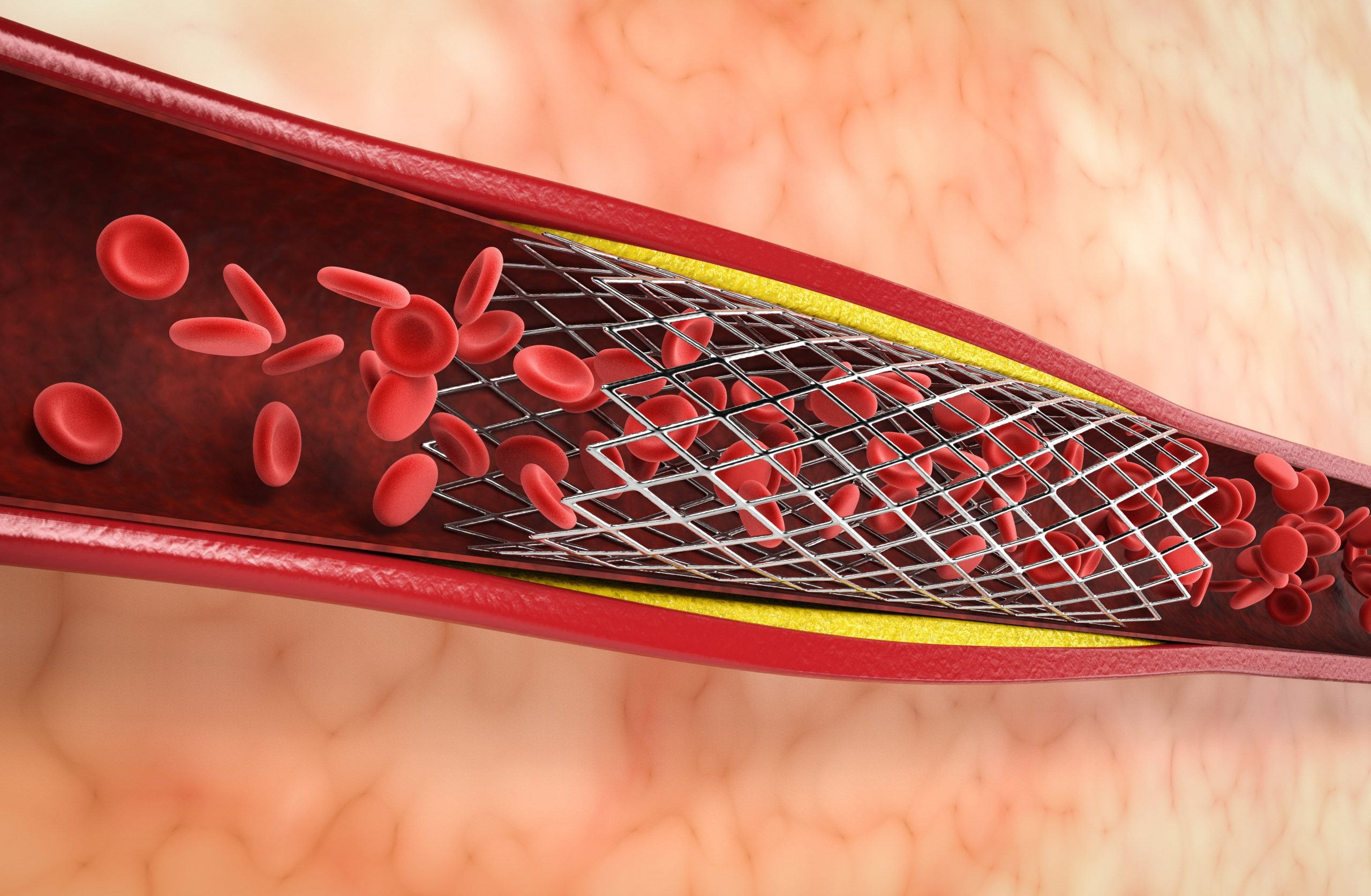
Angioplasty
Angioplasty is a medical procedure that is used to clear blockages in the arteries. This procedure is used to treat conditions such as heart disease, peripheral vascular disease, and carotid artery disease. The doctor will make a small incision in the skin and then pass a thin tube called a catheter through the blood vessels to the blocked area. The doctor will then use a special device to remove the blockage. The procedure is used to treat different kinds of blockages in arteries.
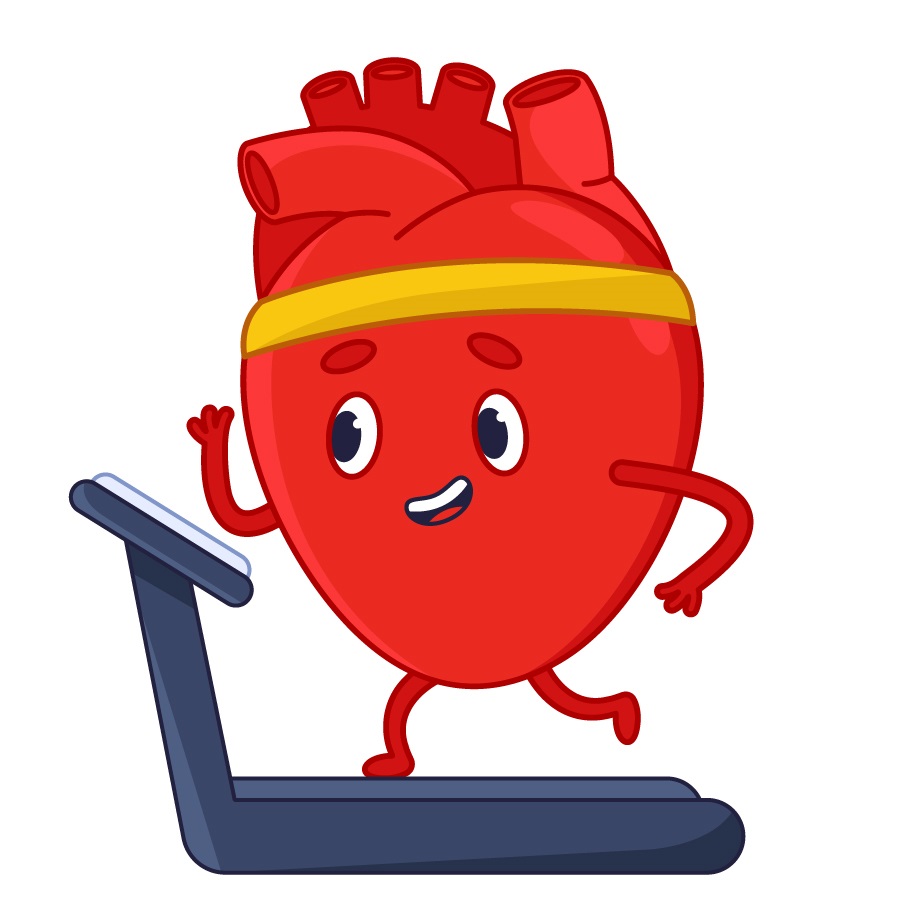
Cardiac Treadmill Test
The cardiac treadmill test is a common diagnostic procedure used to measure the heart’s response to physical activity. The test is used to assess the patient’s risk of having a heart attack and to determine the best treatment plan. The test is also used to evaluate the effectiveness of a treatment plan.
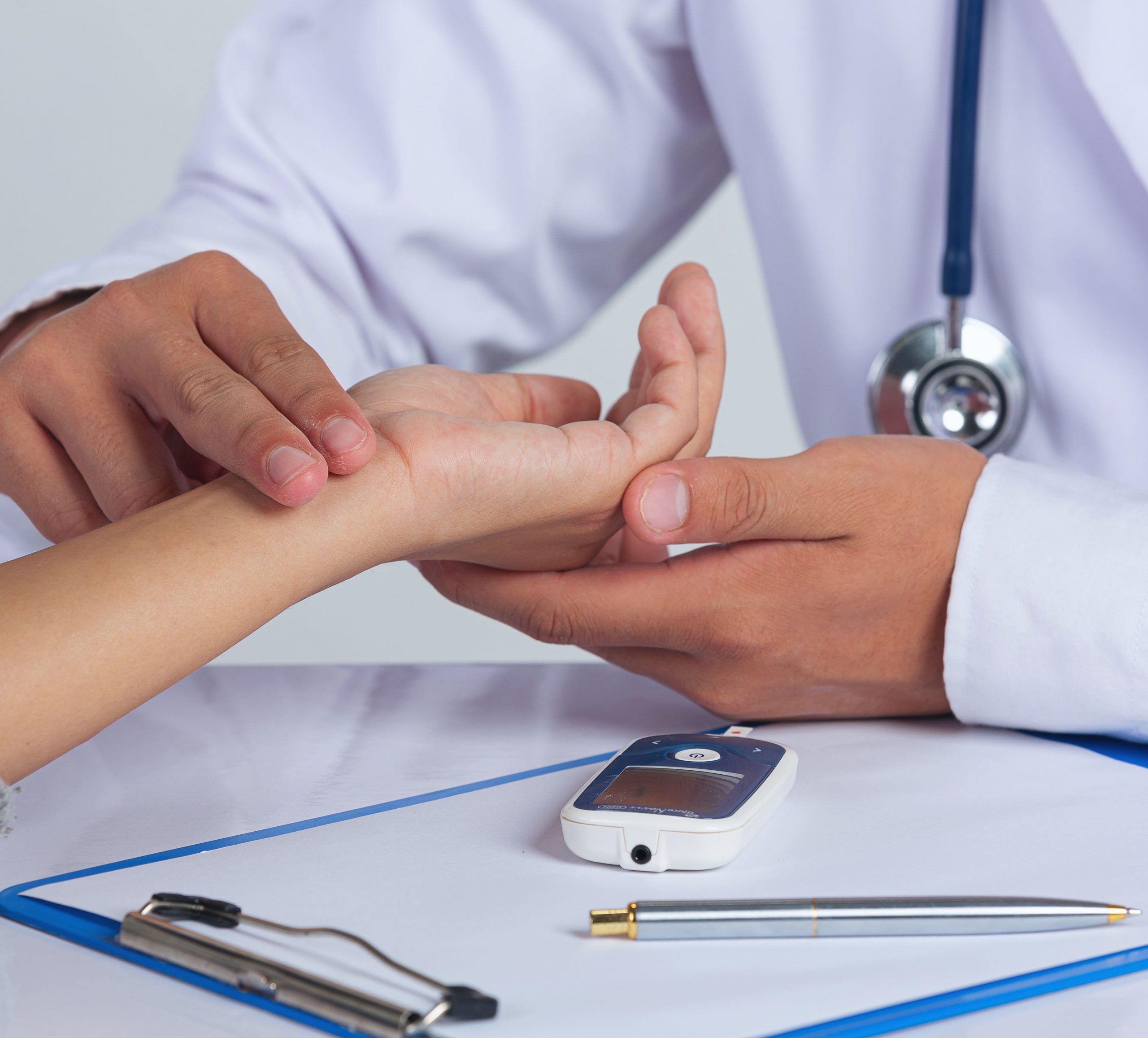
ABPM
ABPM is often used to assess the risk of developing hypertension (high blood pressure), and can be helpful in diagnosing and managing other cardiovascular conditions. It involves wearing a small device called a monitor that takes blood pressure readings every 15-30 minutes for 24 hours. The monitor is worn like a watch and records your blood pressure as you go about your normal activities.
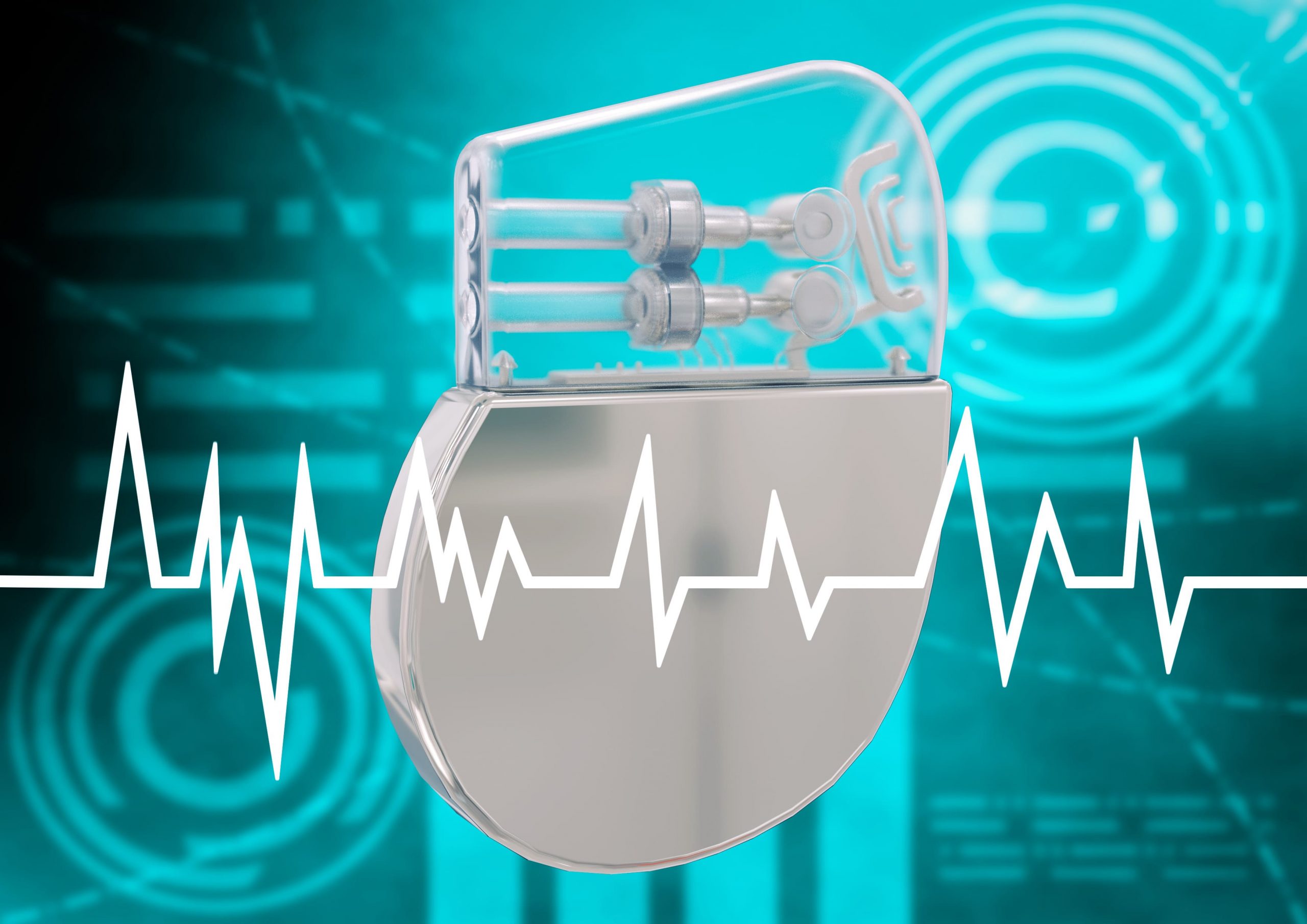
Electrophysiology Study
The electrophysiology (EP) study of the heart is a diagnostic procedure used to evaluate and treat heart rhythm problems or the heart’s electrical system. The test is done by placing a number of electrodes on the chest and arms. These electrodes are used to measure the electrical activity of the heart. This information can be used to determine the cause of abnormal heart rhythms and to plan treatment.
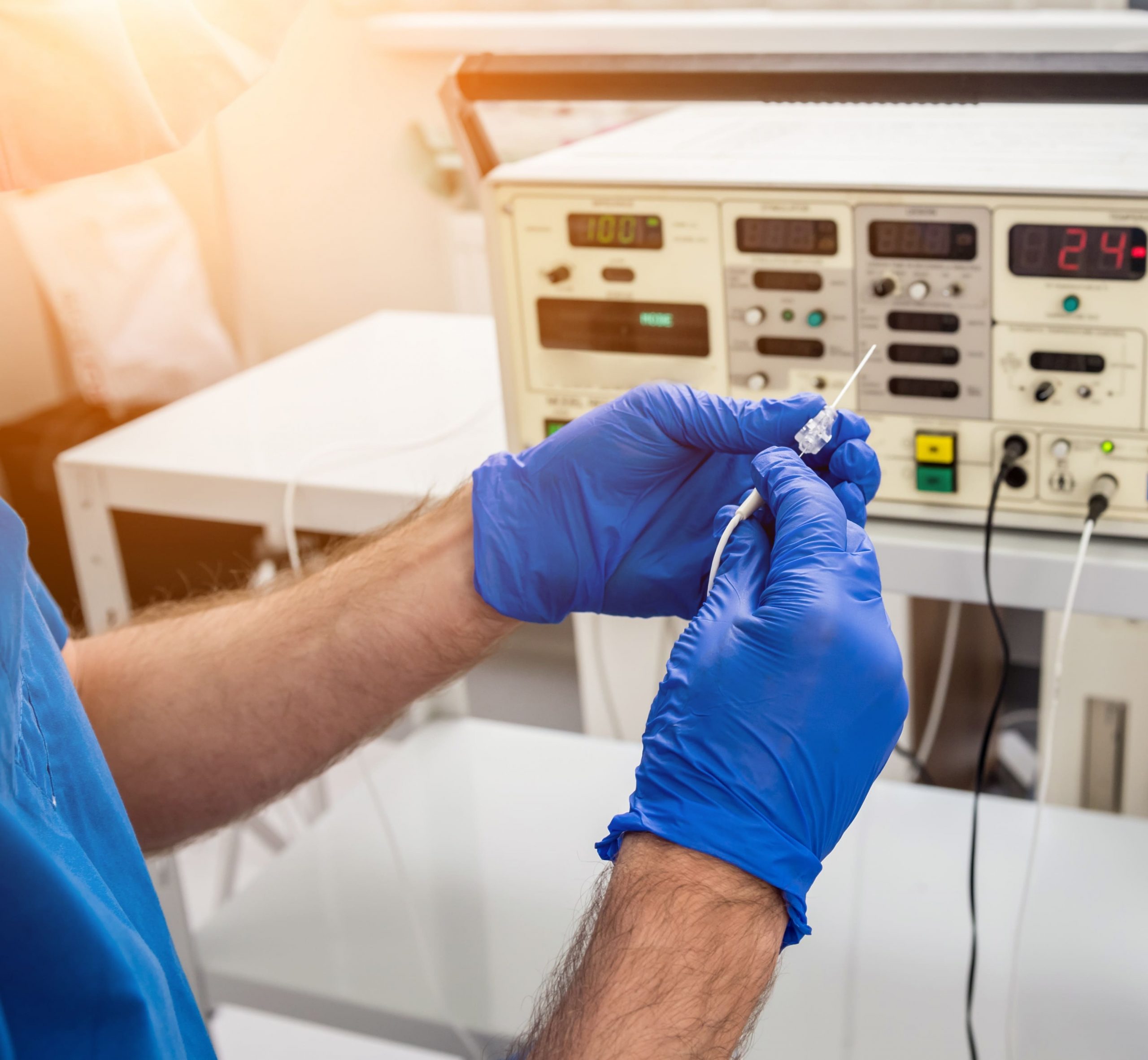
Radiofrequency Ablation (RFA)
Radiofrequency ablation (RFA) is a minimally invasive medical procedure that uses energy from high-frequency radio waves to heat and destroys tissue.
The RFA procedure is used to treat heart arrhythmias or irregular heartbeats.
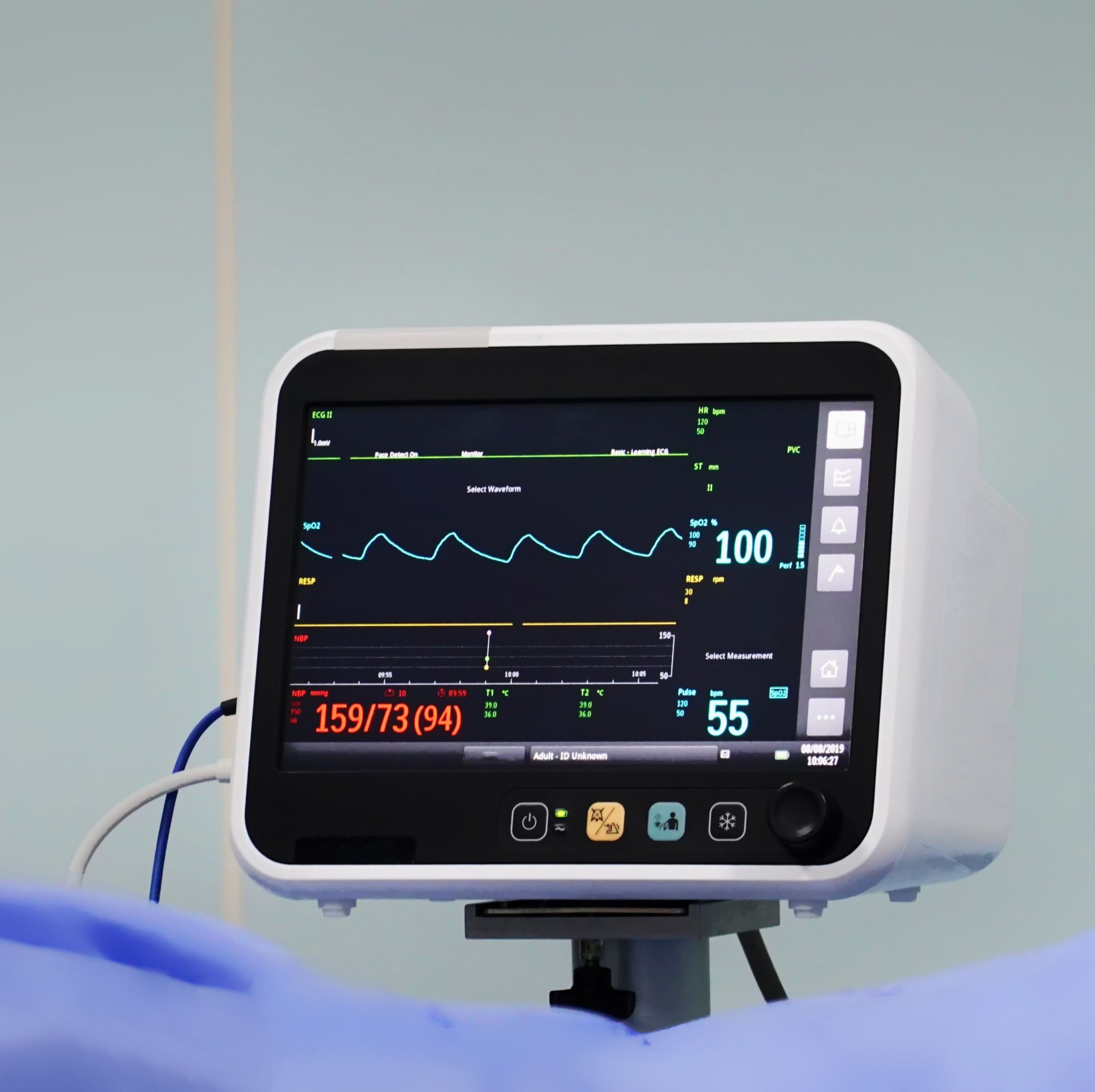
2D-ECHO Cardiography
A 2D-ECHO examination is a common test used to assess the heart.
It is a non-invasive procedure that uses sound waves to create images of the heart. The test can help identify problems with the heart muscle, valves, and blood vessels. It is often used to evaluate people who are at risk for coronary artery disease or who have known heart problems.
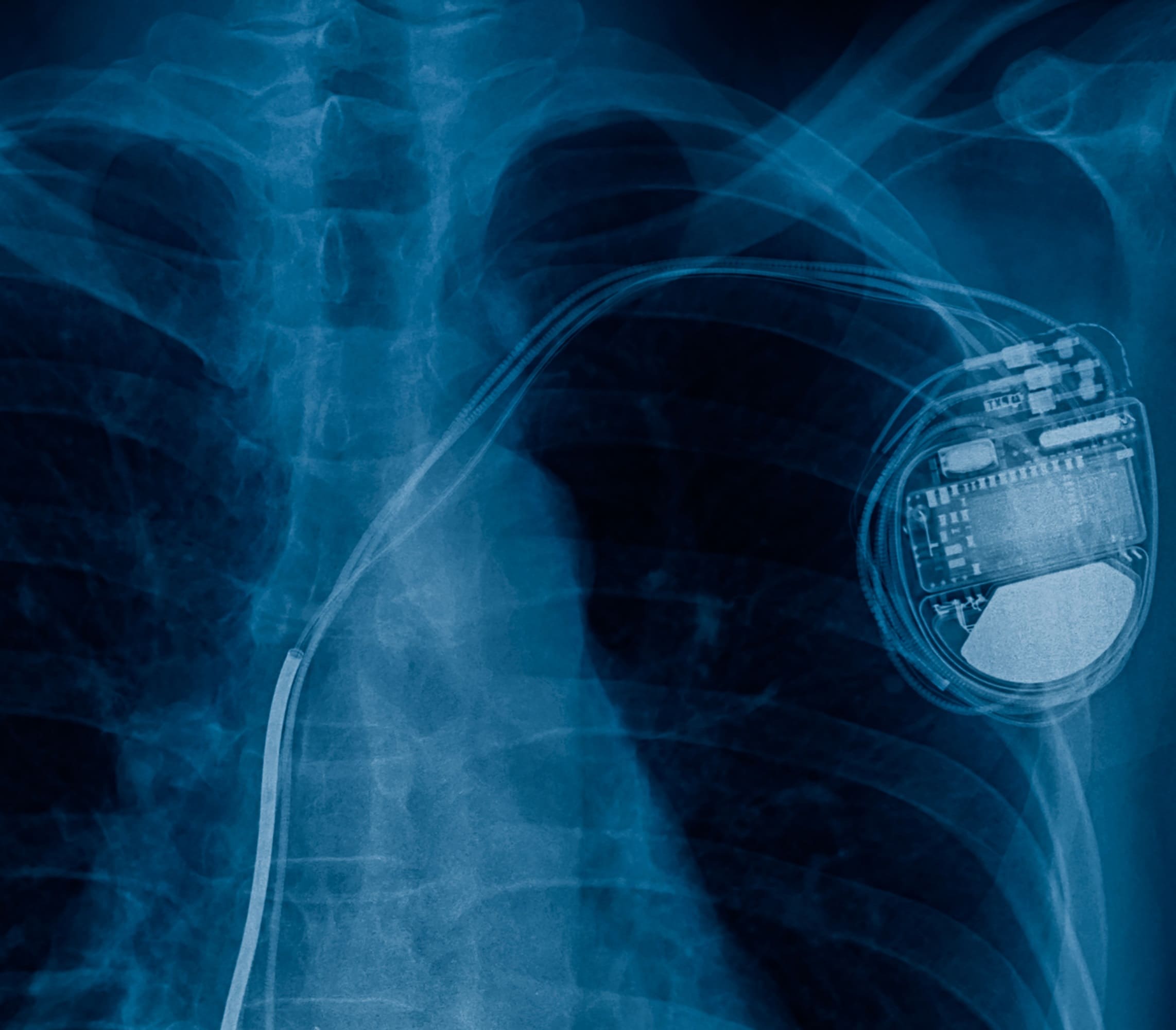
Pacemaker Implantation
Pacemaker implantation is a common surgical procedure that is used to help regulate the heart’s rhythm. A pacemaker is a small battery-operated device that is implanted under the skin in the chest area. It helps to control the heart rate by sending electrical impulses to the heart muscle. Pacemaker implantation may be needed if you have a slow or irregular heartbeat, or if your heart has stopped beating altogether.
Cardiac Facility at GPSH:
Shekhawati Heart Hospital is equipped with all ultramodern medical facilities like Philips FD10 Cath lab with stent boost technology. Dr. Nitesh Pansari, MD, DNB Cardiology, New Delhi., Supervise & the Department, Shekhawati Heart Institute as chief Interventional Cardiologist.
Why Shekhawati Hospital for Cardiac Services:
As a cardiac patient, it is important to select a best cardiology hospital in Jaipur that can provide you with the best possible care. Shekhawati hospital offers cardiac services that are among the most comprehensive and technologically advanced in the region. Our team of board-certified cardiologists and cardiac surgeons has extensive experience in diagnosing and treating a wide range of heart conditions. We also utilize the latest diagnostic and treatment technologies, ensuring you to receive the most advanced care available. In addition, our hospital is accredited by NABH, the nation’s leading accrediting body for hospitals. This accreditation demonstrates our commitment of providing high-quality care to every patient.
Book An Appointment
Health & Tips
FEATURED SERVICES
We cover a big variety of medical services
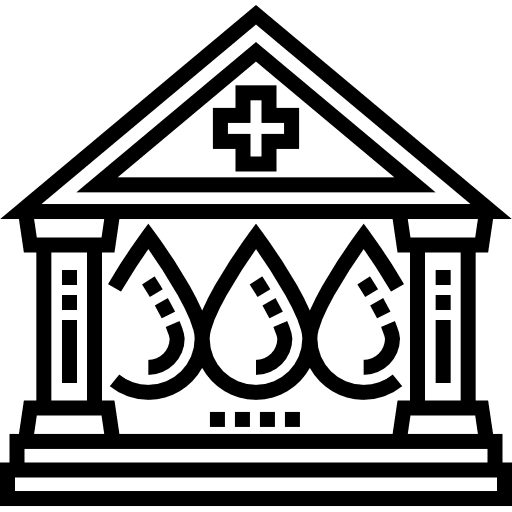
BLOOD BANK
24*7 Blood Bank
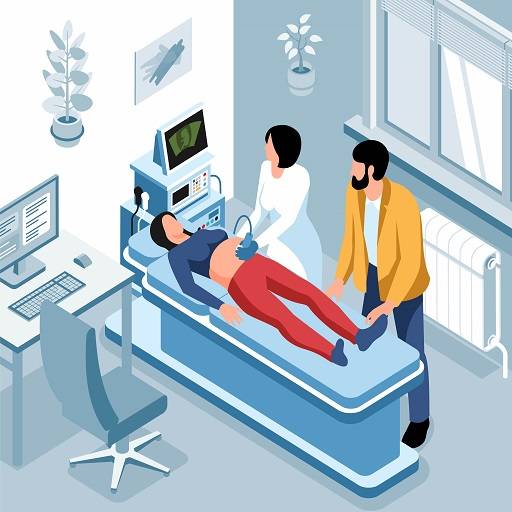
CT SCAN & MRI
24*7 Service

RADIOLOGY
Accurate Results

PATHOLOGY
All Lab Assitance

ACLS - AMBULANCE
24*7 Emergency

PHARMACY
24*7 Pharmacy
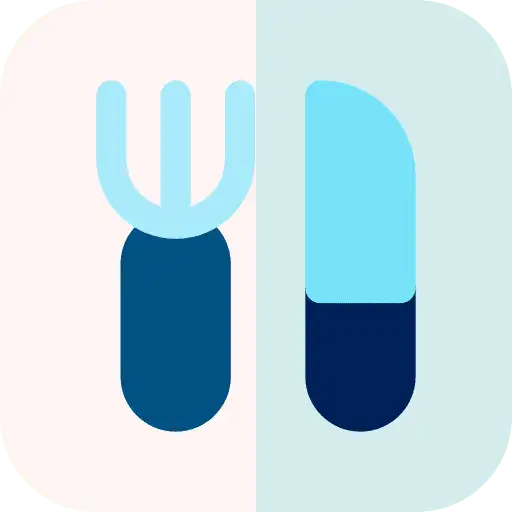
CAFETERIA
24*7 Foods
HEAD OF DEPARTMENT AND STAFF
A powerfull team working for your Health
FREQUENTLY ASKED QUESTIONS (FAQs)
If you have risk factors for coronary artery disease, there are things you can do to help prevent it. Eating a healthy diet, exercising regularly, and maintaining a healthy weight are all important steps. You should also avoid smoking and drinking alcohol. If you have high blood pressure or high cholesterol, keep them under control by taking medication as prescribed. If you’re over 40, talk to your doctor about getting a cholesterol screening.
The symptoms of a heart attack can vary from person to person, but typically include chest pain, shortness of breath, nausea, and sweating. If you experience any of these symptoms, it is important to seek medical help immediately.
Cholesterol is a type of lipid found in the blood. It is vital for normal body function, but if there is too much cholesterol in the blood, it can cause serious health problems. There are two types of cholesterol: HDL and LDL. HDL is termed “good” cholesterol because it forbids bad cholesterol from building up in the arteries. LDL is the “bad” cholesterol because it can cause plaque deposition on the inside of the arteries, leading to heart disease. Several ways to lower your cholesterol include diet, exercise, and medication.
An arrhythmia is an abnormal heart rhythm. It can cause the heart to beat too fast, too slow, or in an irregular pattern. Arrhythmias can be minor and not cause any problems. Or they can be serious and lead to heart failure or sudden death.
Cardiac rehab is a medically supervised program that helps people who have undergone any cardiovascular procedures to get back to their normal lives. The program includes exercise, education, and counseling. It can help reduce the risk of a heart attack or stroke, and can also help control blood pressure and cholesterol levels.
TESTIMONIALS
Patients Reviews Meant to Us




